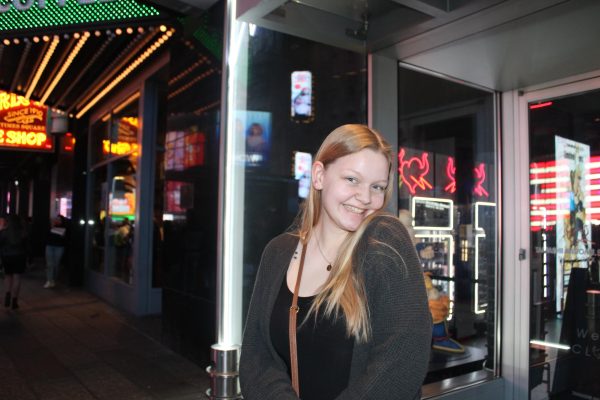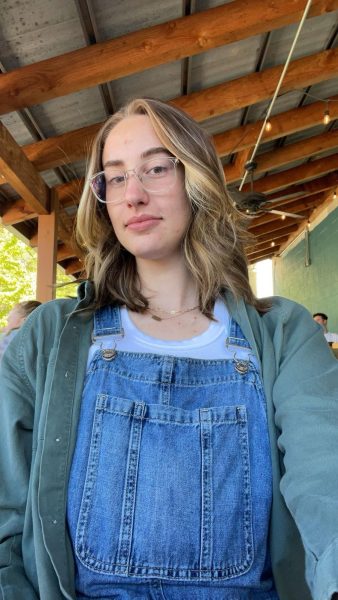Area 51 and the Illuminati. Britney Spears and Avril Lavigne. Princess Diana and Princess Catherine. While seemingly unrelated, each of these topics have one thing in common: the forefront of some of the most popular conspiracy theories to date.
Conspiracy theories have always been entertaining but proven to be bogus. However, with the current state of the world, it leaves you wondering: why do these theories make more sense than what is actually happening?
It is no secret that Princess Catherine has been quite the popular topic of conversation the last few weeks; what started with a seemingly photoshopped family picture has turned into a full-fledged conspiracy theory. There are multiple possibilities being thrown out, including the idea that she’s a victim of botched plastic surgery, she had an affair and got booted from England and, plain and simple, she is dead. Two of these possibilities lead to the same end result — she now has a body double.
After finally being seen in public, the Internet was quick to claim that it simply was not Princess Catherine. Some people went as far as to compare minute details of her features, including her hairline. Thousands of people, even those who have absolutely no relationship to the British royal family, immediately took this theory and ran. While some may say this is a bizarre response to an evidently false claim, for some people, clinging to a theory like this provides a sense of comfort.
Existential motives are caused by the intrinsic need for safety in your environment. With the current political climate not only in the U.S. but in the entire world, it is a common sentiment to feel unsafe and afraid. It would be very easy to dive head first into conspiracy theories to avoid facing today’s reality.
For some, immersing themselves in even the most wild of theories can be better than looking at the news. After all, would it not be better to spend hours thinking about where on earth Princess Catherine is instead of the lack of healthcare sweeping the nation? Though, since it came out that she has been MIA due to a cancer diagnosis, almost every skeptic immediately retreated.
However, regardless of how hard you try to distract yourself from what is happening, being aware of current events is inevitable. In years past, and even now, a multitude of events seem more like a conspiracy than real life and can often catalyze the number of people who believe certain theories.
MK-Ultra was a project designed by the CIA that lasted from the early 1950s to the early 1970s. The goal of the project was essentially to practice mind control to prepare for any psychological attacks from other countries. There were over 100 human subjects, some of whom had no idea they were a part of MK-Ultra. One of the drugs administered? LSD.
Hearing about this project for the first time can only elicit one reaction — disbelief. Though it seems completely far-fetched, it did happen in real life.
Another example of a real life conspiracy theory is Operation Northwoods. This proposed plan by the U.S. government in 1962 suggested that a series of orchestrated attacks occur in Guantanamo Bay to give the illusion that Cuban armies were responsible. The overarching goal of this proposal was to have an excuse to execute Fidel Castro and wage war against Cuba. It was turned down by President John F. Kennedy.
Operation Northwoods catalyzed two popular conspiracy theories that are still talked about today: the JFK assassination and 9/11. Many people believe that JFK turning down the proposal caused his assassination. This theory also claims it was an inside job. A similar theory has been spread regarding 9/11 — it was an inside job in order to have an excuse to target al-Qaeda. Though it seems crazy, those who are deeply entrenched in conspiracy theories interpret this information as if it is fact.
Conspiracy theories have had a bad reputation for years now, but perhaps they are not as bad as they seem. They may be a way to escape from the hard truths of life. However, no matter how hard you try to escape reality through conspiracy theories, there is always a chance that the lines become blurred.



